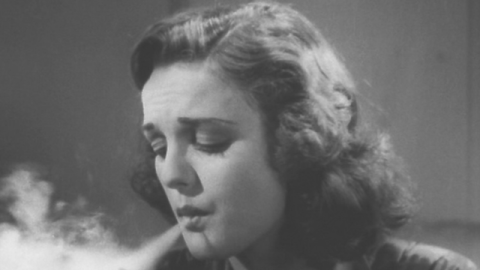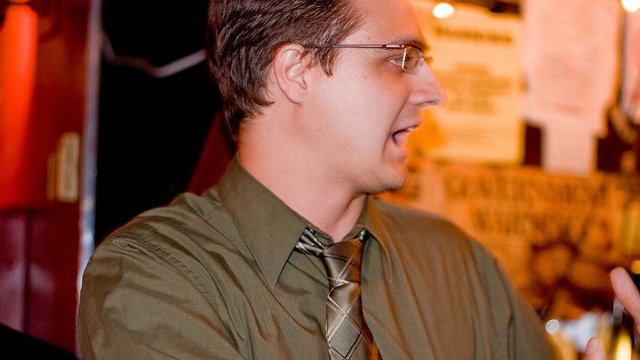Our Marijuana Fears

California’s Proposition 19 never had a chance. I realized the ballot measure, which would have legalized marijuana under California state law, was doomed a few nights before the election. Over dinner a group of liberal friends—exactly the type of straight-ticket Democrats whose support the measure needed to pass—told me that they were voting against the bill. They were concerned the measure was badly written, as most ballot measures are. But mostly they were afraid of the social consequences of legalizing marijuana, afraid in particular of what it might do to their kids.
My friends were convinced by critics of the measure who argued that it would be impossible to prevent schoolbus drivers from driving high if employers weren’t allowed to use drug tests to screen prospective employees. Driving under the influence, of course, would still be illegal if the measure passed, and coming to work under the influence would still be grounds for termination. Preventing bus drivers from smoking and driving, in other words, would present roughly same problem as preventing them from drinking and driving. Another friend was worried that exposure to secondhand smoke on the streets of San Francisco would get her children high and put pregnant women at risk of having children with birth defects. But while the evidence about the effect of prolonged exposure to marijuana is mixed, there is little reason to think passing exposure to it has much effect. And, as Texas Rangers slugger Josh Hamilton found out during the World Series, there is a fair amount of secondhand marijuana smoke in San Francisco already.
Like any drug, marijuana can be abused. But these fears seem to me overblown. Many people use marijuana responsibly. Its use hardly seems more dangerous than binge drinking, which of course is perfectly legal. Legalizing the drug would probably encourage more people to use it, but it’s hard to see that it will lead to an epidemic of abuse. The question, in any case, is whether our largely futile attempts to outlaw the drug are worth their enormous financial and human cost. If we are truly worried about mitigating the social effects of drug use, we are likely to have more success regulating it than prohibiting it entirely. Outlawing marijuana has simply driven the drug trade underground and turned millions of otherwise law-abiding Americans into criminals. Marijuana the main source of income for the powerful cartels that have Mexico on the verge of collapse. Legalizing the drug would not cause the cartels disappear over night, but it would substantially weaken them. And it would probably mean a lot less of—warning, these photos are extremely graphic—this kind of horrifying violence.
But it doesn’t seem like we are going to formally legalize the drug any time soon. Marijuana is still widely seen as something strange and dangerous. Lobbyists for the groups that benefit from keeping the drug illegal—like beer and alcohol companies—can play upon our fears of “reefer madness.” As marijuana use is becomes more open and widespread, those fears may subside. But until then we’re stuck with the war on drugs.





